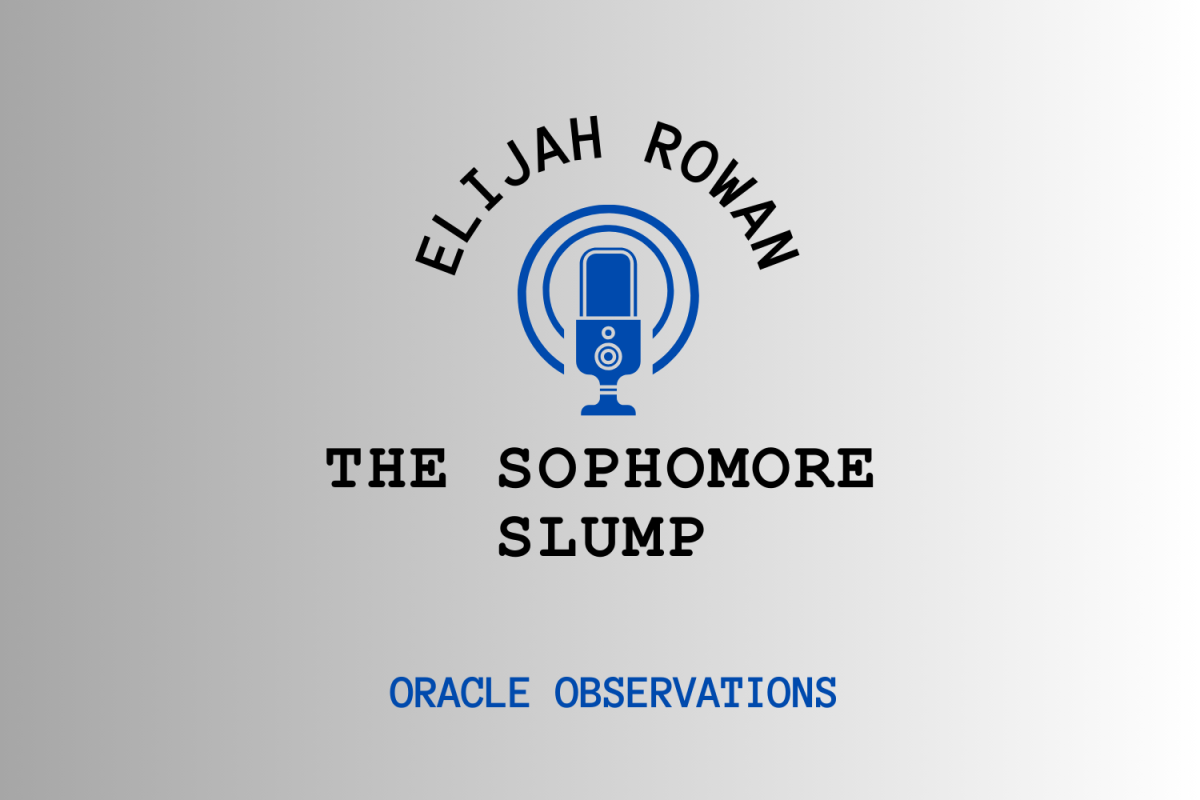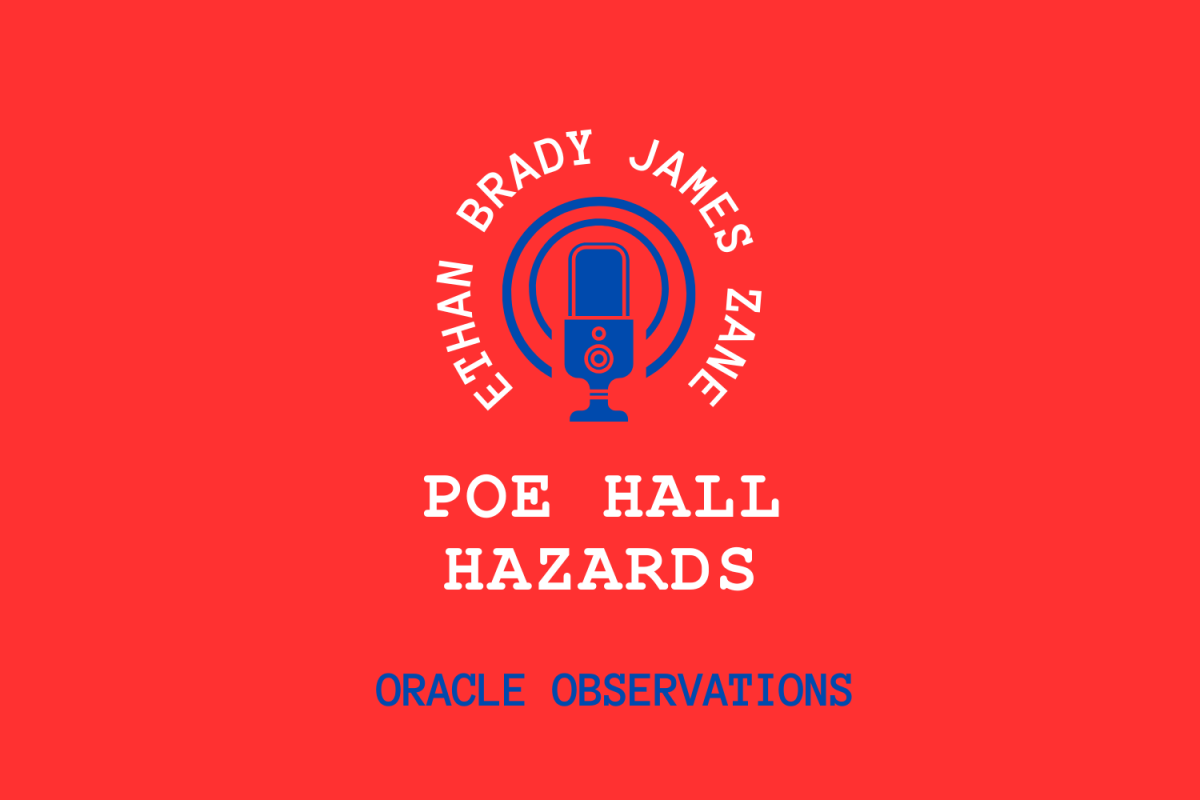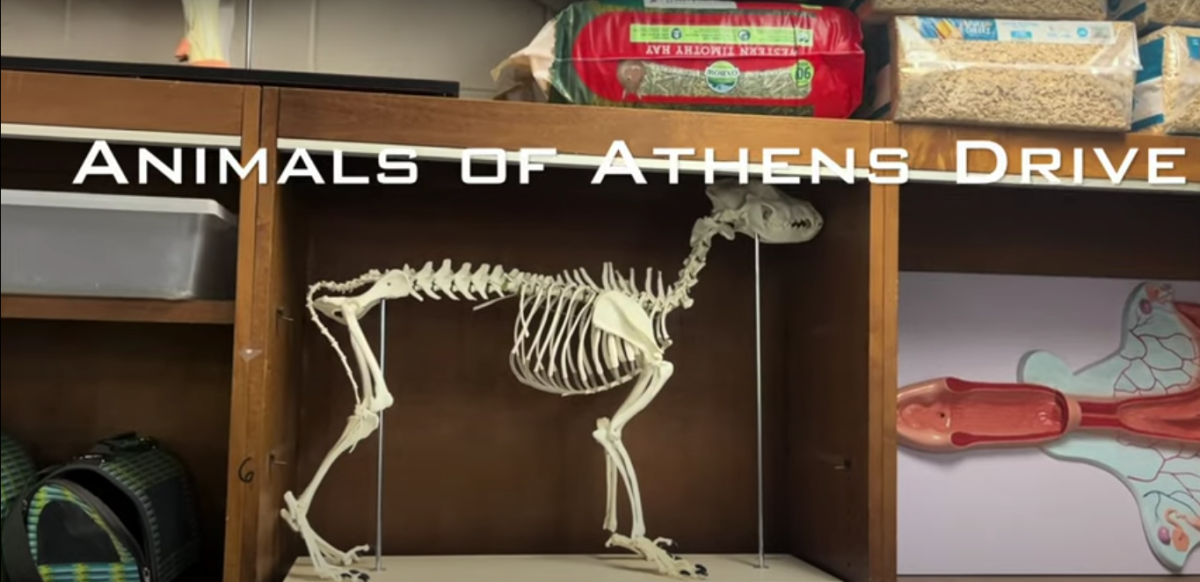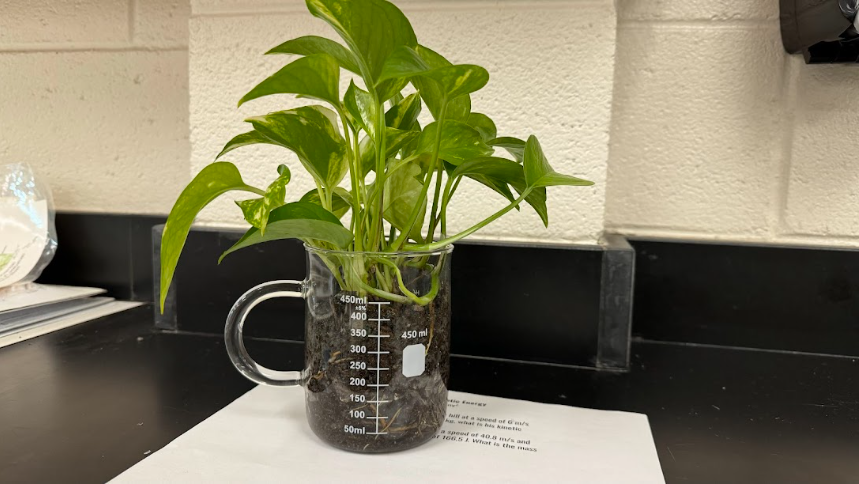The definition of an organic crop is a crop that has not been treated with pesticides, fertilizers, genetically modified organisms, antibiotics and or growth hormones, all of which pollute our air, water and soil. Organic crop production reduces harm to ourselves and the world by eliminating a lot of the pollution that would be produced by inorganic crops.
The pros of this method are that organic crop production reduces the amount of harm done to ourselves and the environment. With inorganic crop production, pesticides, herbicides and fungicides are sprayed on the plants which can then wash down into streams, lakes and rivers and harm the living things in it. This can affect us because we then drink that water and eat those crops that have been sprayed with chemicals, which could then develop many health problems in humans such as asthma, bronchitis or even cancer.
Although there are not many cons to this method, there is one major one — the cost. Because of the lack of chemicals used on the crops, the crops take longer to produce and the efforts put into the crops are more expensive and timely. Another major factor that affects the cost is that organic farmers have to get their crops Organic Certified by the United States Department of Agriculture (USDA), which ranges from $400 to $2,000 a year for inspections.
There is a USDA farm in Beltsville, Maryland, that tests five kinds of agriculture: two conventional and three organic. Some important differences among those five systems have come to the surface over the past 23 years – the organic systems; have more-fertile soil, use less energy and fertilizers and are more profitable for farmers, and the conventional systems have one pro, higher yields.
Some may argue that inorganic farming is the best way to end world hunger because it produces a higher crop yield than organic farms. But when the costs of environmental clean ups come into play, that money would be better spent to create more organic farms and better techniques to get the job done faster.
Pesticides have been a problem for many years polluting environmentally safe havens and contributing to water and air pollution. But just recently more and more farmers are starting to become organic to combat the issues that are resulting from inorganic farming, such as the Well Fed Community Garden (WFCG).
The WFCG is a garden right off of Athens Drive that grows seasonal vegetables, fruits, herbs and flowers that are all organically produced for the Irregardless Café, as well as donated volunteers and neighbors. The WFCG is committed to building community by offering Raleigh residents innovative workshops and volunteer experiences that demonstrate healthy lifestyles and strives to become one model of urban agricultural production.
All farmers should become organic for the sake of the environment and the health of all living organisms. Organic food reflects the true cost of growing and makes up for the time and money that would be spent on environmental cleanups and other issues.














